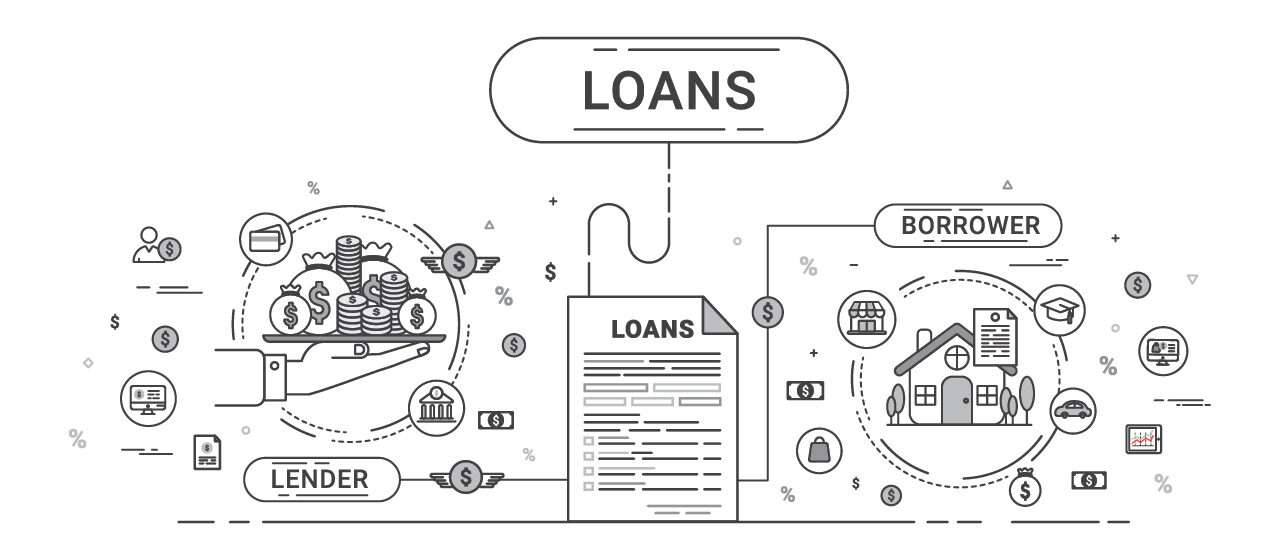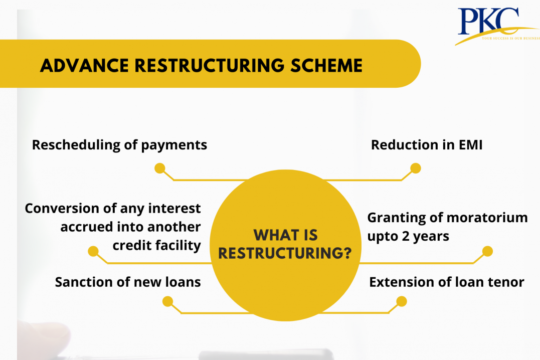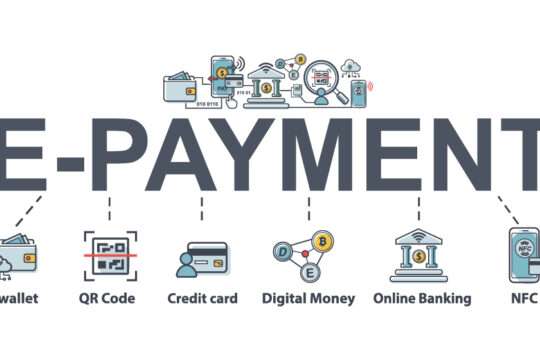- How much Loan or Deposit of Money can be accepted in Cash?
-A Loan or Deposit up to Rs.20000/- can be accepted from one person as per provisions of Section 269SS of the Income Tax Act,1961. But care should be taken now together with the earlier accumulated.
- Who are exempted from Section 269SS?
-Government, any Banking Company, Post Office savings Bank or Co-operative Bank, Any Corporation established by a Central, State or Provincial Act,1956 and other notified institutions, and in a case, where the depositor and the acceptor, both are having agricultural income, and neither have any taxable income.
- What if Loan is taken violating the above conditions of Section 296SS of the Income Tax,1961?
-Penalty equal to the amount of loan or deposit accepted in cash may be imposed under Section 271D of the Income Tax Act,1961.
- Where the Assessee receives a deposit of Rs.20000/-as an agent, will the provisions of this section apply?
-If a person receives any deposit of Rs.20000/- as an agent or servant and not on his own behalf, the provisions of Sec.269SS doesn’t apply.
- What if an assessee takes Rs.15000/-each in cash from two persons and there is no earlier balance of these persons?
-There is no violation of Section 269SS of the Income Tax Act,1961 in such a case.
- What if an assessee takes a loan in cash from one person of Rs.15000/-by cheque and Rs.15000/-in cash?
-If the assessee takes the cash loan first and cheque the next day, then as on date of accepting the loan in cash it doesn’t exceed Rs.20000/- there is no violation of Section 269SS of the Income Tax Act,1961.
- Can an assessee accept loan or deposit of money exceeding the limits laid down in section 269SS of the Income Tax Act, 1961 by book transfer entry or by bearer cheque or self cheque or any other mode other than account payee cheques?
-No, the only mode prescribed in section 269SS of the Income Tax Act, 1961 is Account Payee Cheque or Account Payee Bank Draft.
- If an assessee gives loan to a person exceeding Rs.20000/- in cash or otherwise than account payee cheque, is the assessee violating the provisions of section 269SS of the Income Tax Act, 1961?
-No, the provisions of section 269SS are applicable to a person accepting the loan or deposit of money. It does not affect the person giving the loan.
- In a case where the amount of deposit is treated as income by the Assessing Officer, whether penalty u/s 271D can be levied?
-When the Assessing Officer is saying that it is income, with the same breath he can’t say that it is a loan. So no penalty u/s 271D can be levied in such a case.
- Whether a partner can contribute to the firm otherwise than by cheque?
-The amount deposited by a partner to the firm as Capital Contribution is not Loan or deposit of money. As such section 269SS is not applicable.
FAQ on Section 269T
- What does the section say about?
-No branch of a banking company or a co-operative bank and no other company or co-operative society and no firm or other person shall repay any loan or deposit made with it 56[or any specified advance received by it] otherwise than by an account payee cheque or account payee bank draft drawn in the name of the person who has made the loan or deposit 56[or paid the specified advance,] or by use of electronic clearing system through a bank account if—
(a) the amount of the loan or deposit 57[or specified advance] together with the interest, if any, payable thereon, or
(b) the aggregate amount of the loans or deposits held by such person with the branch of the banking company or co-operative bank or, as the case may be, the other company or co-operative society or the firm, or other person either in his own name or jointly with any other person on the date of such repayment together with the interest, if any, payable on such loans or deposits, 58[or]
58[(c) the aggregate amount of the specified advances received by such person either in his own name or jointly with any other person on the date of such repayment together with the interest, if any, payable on such specified advances,]
is Rs.20000/- or more.
- Are there any Exceptions to this the above prescribed Rule?
-Where the repayment is by a branch of a banking company or co-operative bank, such repayment may also be made by crediting the amount of such loan or deposit to the savings bank account or the current account (if any) with such branch of the person to whom such loan or deposit has to be repaid.
Provided further that nothing contained in this section shall apply to repayment of any loan or deposit 58[or specified advance] taken or accepted from—
(i) Government;
(ii) any banking company, post office savings bank or co-operative bank;
(iii) any corporation established by a Central, State or Provincial Act;
(iv) any Government company59 as defined in section 617 of the Companies Act, 1956 (1 of 1956);
(v) such other institution, association or body or class of institutions, associations or bodies which the Central Government may, for reasons to be recorded in writing, notify in this behalf in the Official Gazette.






